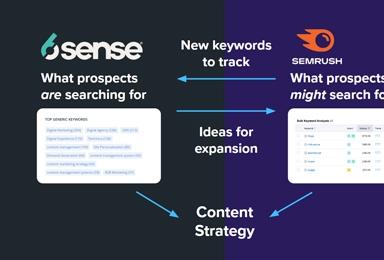GDPR for Drupal: Is Your Business Ready?
In April 2016, European lawmakers passed the General Data Protection Regulation or GDPR. As of May 25th, 2018, these regulations are now in effect. Regardless of location, any business with a growing online presence should be aware of the wide-ranging ramifications of these new laws. Senior Developer Anthony Simone explains:
For starters, GDPR covers all users who are operating out of the European Union. Even if your software company is based in California, your website must meet GDPR compliance for a user in Germany. Additionally, GDPR provides a framework for data regulation that could become standard around the globe. Preparing for these regulations now will put you in a better position to comply with similar laws that may be in the pipeline.
What does GDPR regulate?
GDPR covers any personally identifiable information or cookies used to track user behavior online. Any functionality that relies on this data will require informed consent by the user as well as the ability to opt out of this data storage in the future.
What does this mean for your company?
For digital marketers, this data is a powerful tool to help understand users and deliver an online experience that meets their needs. However, this information must be used responsibility and compliance with GDPR is an essential step in that process.
That’s why we’ve pioneered a framework in Drupal and Javascript that gives each user the option to either accept or decline the use of cookies to track their personal information. With this framework acting as a virtual gatekeeper, we can refactor the way your site behaves so that personal information will never be stored without express user consent.
